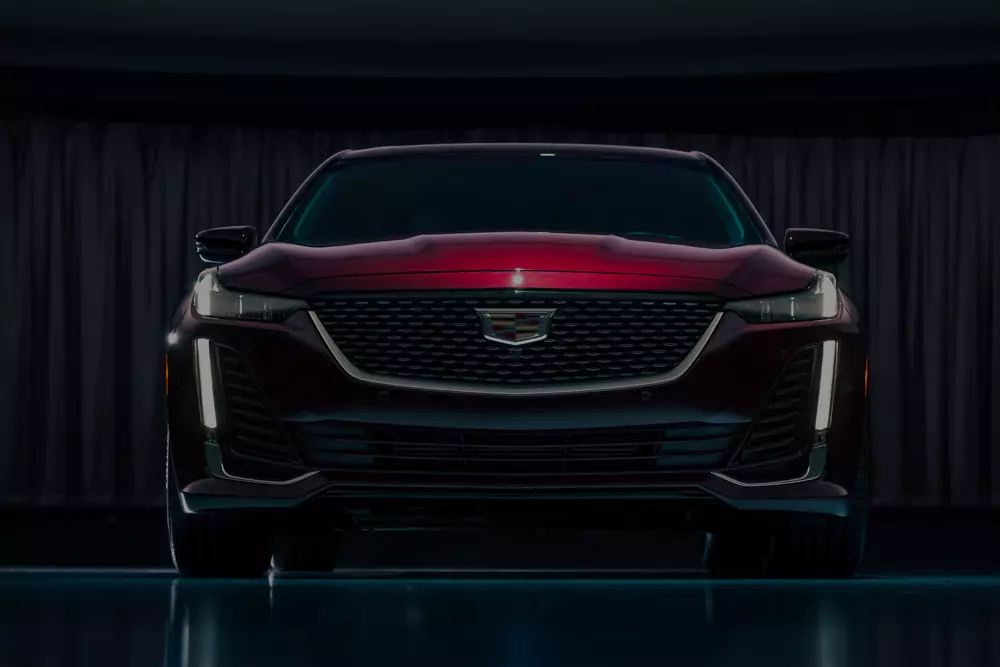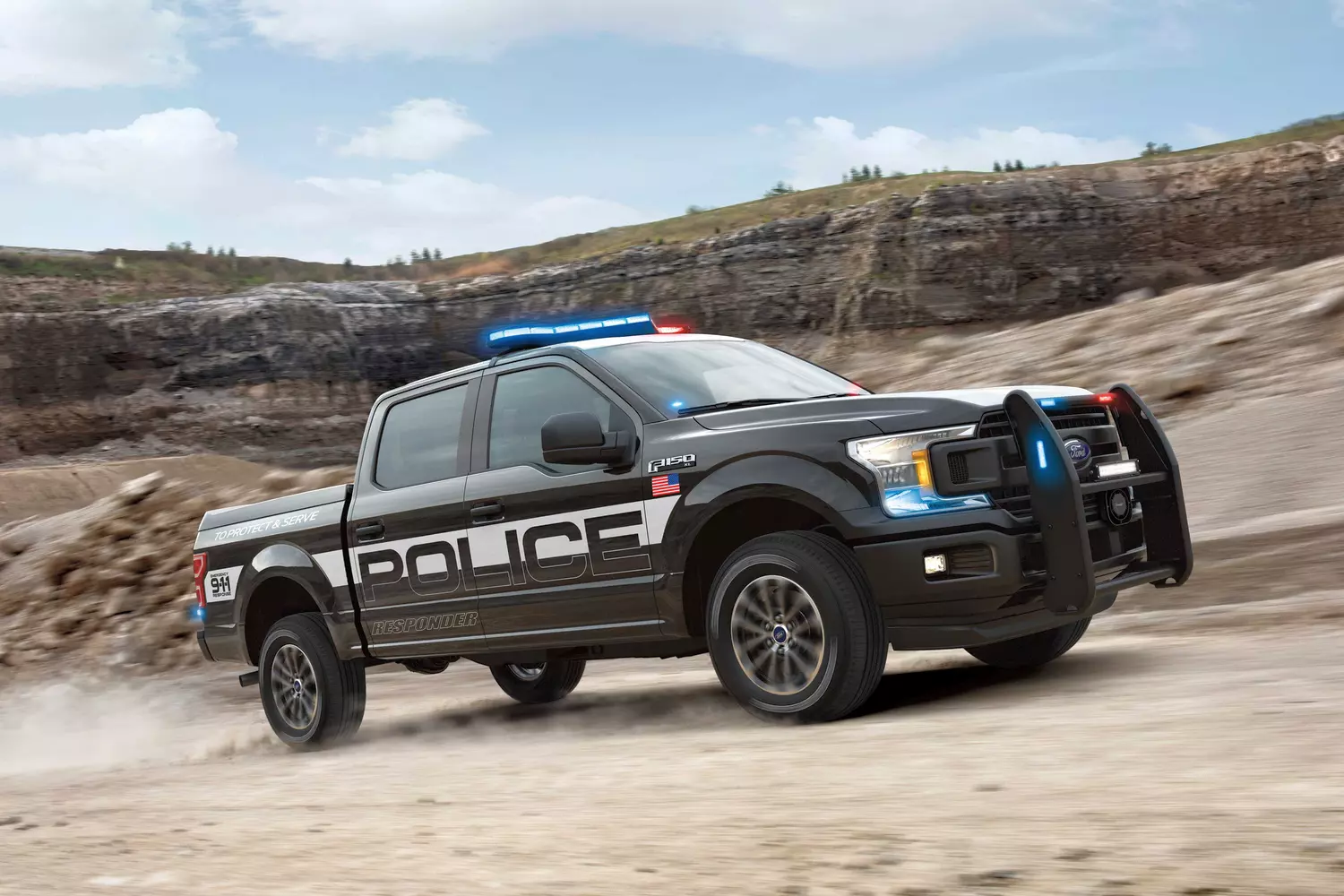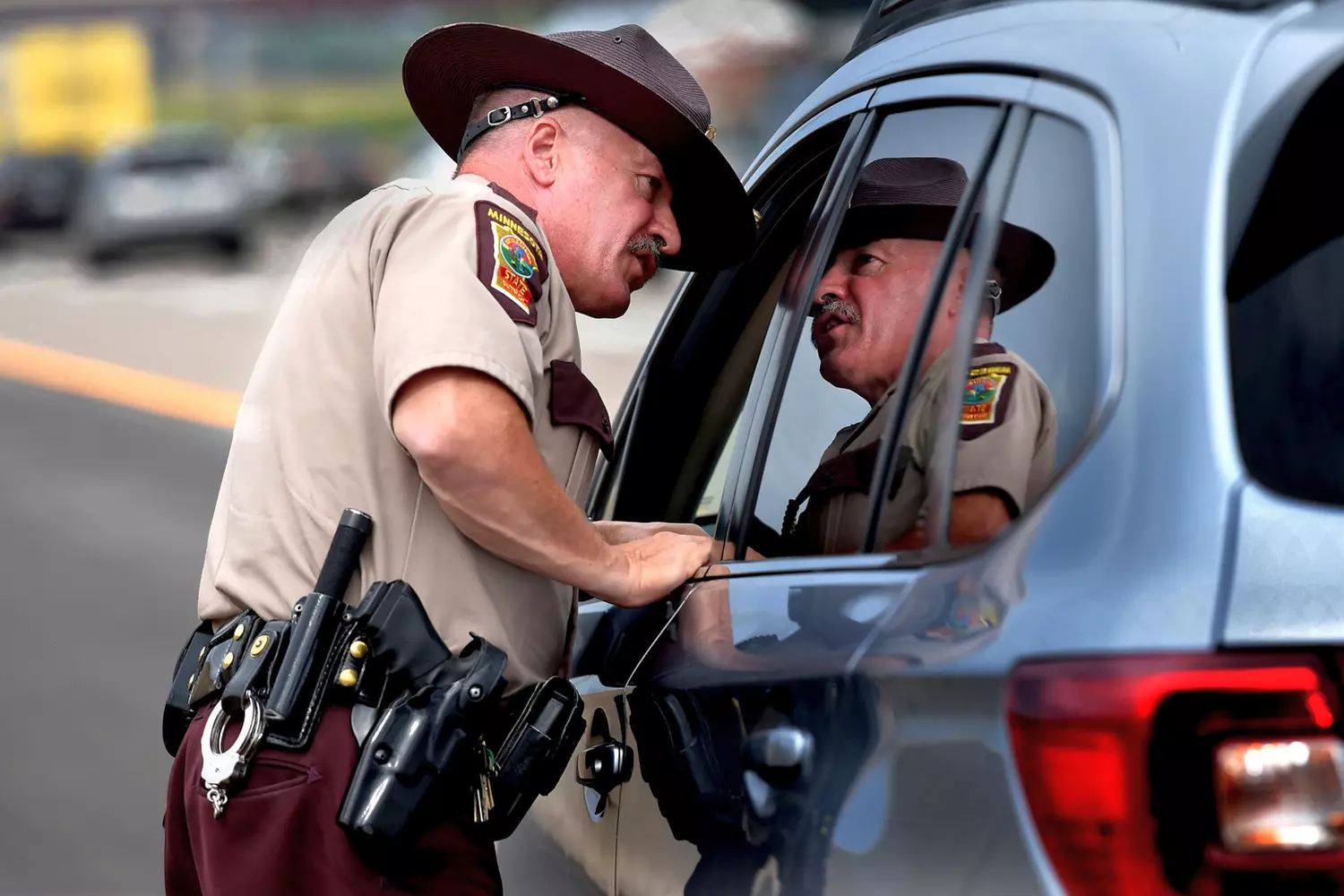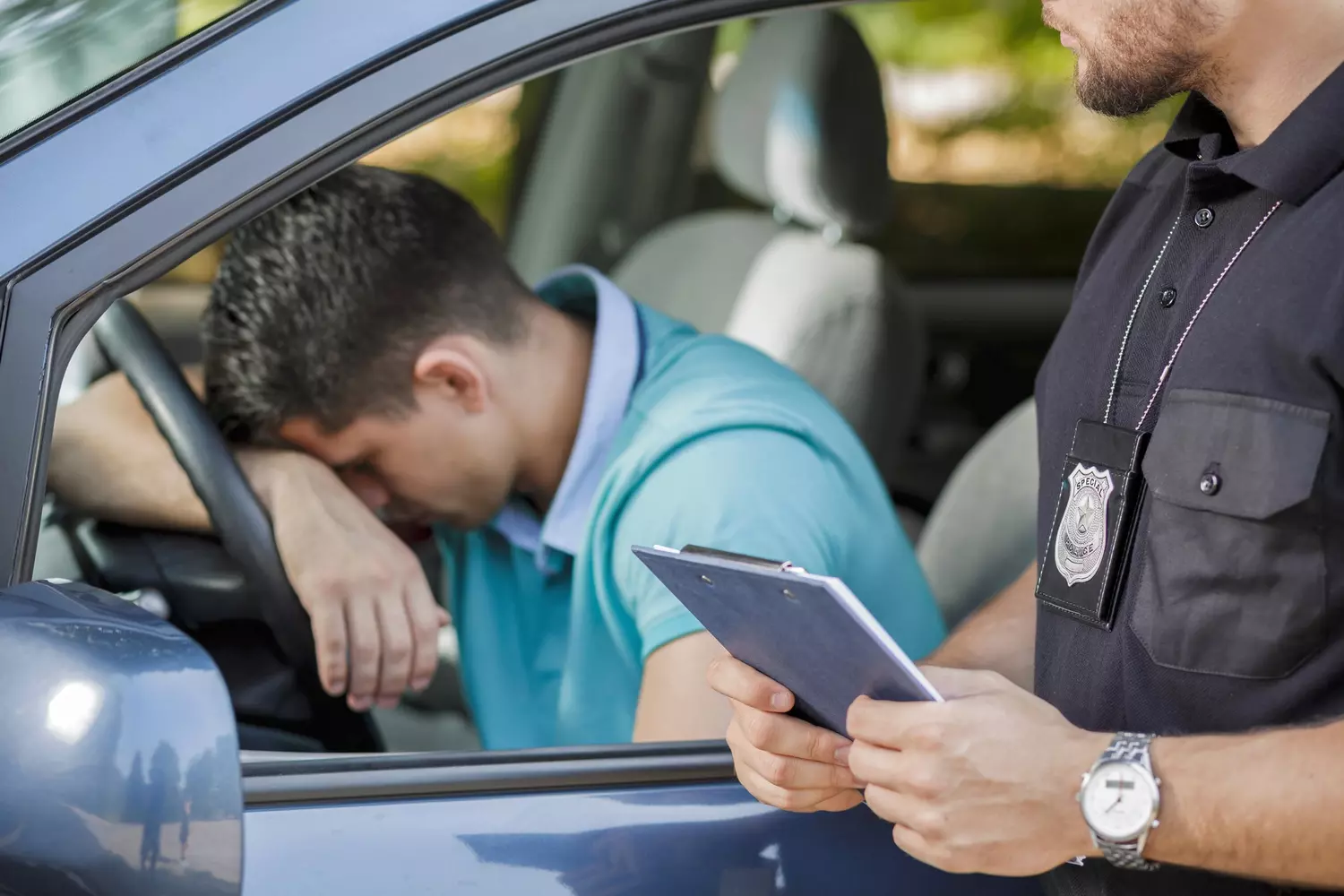Fools and Roads in America!
One of the most fascinating topics is driving culture in America. After watching Hollywood action movies, it might seem like there are no rules, just pure pleasure — drive wherever you want and do whatever you please. After all, nobody has seen Nicolas Cage paying for parking a stolen luxury Mercedes, right? A dose of harsh reality was depicted by Bruce Willis in "The Fifth Element." Got a ticket for a violation? Pay up a hundred or two dollars. Accumulated penalty points? Hand over your license.
Cadillac
Every driver faces unforeseen situations. Traffic rules are often violated accidentally, out of inattention, or ignorance. While you may know how to handle these issues in your home country, you might find yourself struggling with basic questions in the USA — how to pay a fine, how to prove your case, and how driver responsibility is regulated.
We will explain how American road police operate, how violations are recorded, and how to maintain your “moral image” in the eyes of the law.

Types of sanctions
- Warning: If the violation isn’t serious, you encounter a kind police officer, and you acknowledge your mistake and assure the officer you won’t repeat it, you might get away with just a warning. However, a note about this will still be placed in the police database. The next violation after a warning results in a ticket.
- Ticket: A ticket is a slip with a written fine. Depending on the violation, the fine can vary, but on average, you might pay $30-400. Additionally, points may be added to your record along with the ticket.
- Points: The USA has a penalty point system. For each serious violation, the driver receives a certain number of points. Once the total reaches 12, your license will be revoked. Information about your points is stored in the police database for 7 years. If you accumulate 11 points in the last 18 months, a DMV (Department of Motor Vehicles — similar to the traffic police) officer can suspend your driver’s license for 31 days.
Why are Points Dangerous?
The number of points also affects the cost of your driver’s license and insurance in the future.
- 01.The driver’s license may become $10-100 more expensive. Without penalty points, it costs around $60-70 (issued for 5 years).
- 02.Each point adds about $100-300 to the insurance cost.
- 03.If you work in the transport industry, your employer will be informed about all your fines and points, affecting the insurance cost of company vehicles. If you frequently violate traffic rules, it’s cheaper for them to fire you.
- 04.If you accumulate 15 points over your driving history, the insurance company can terminate the current contract and revise the pricing policy. Insurance could cost $5000-8000.
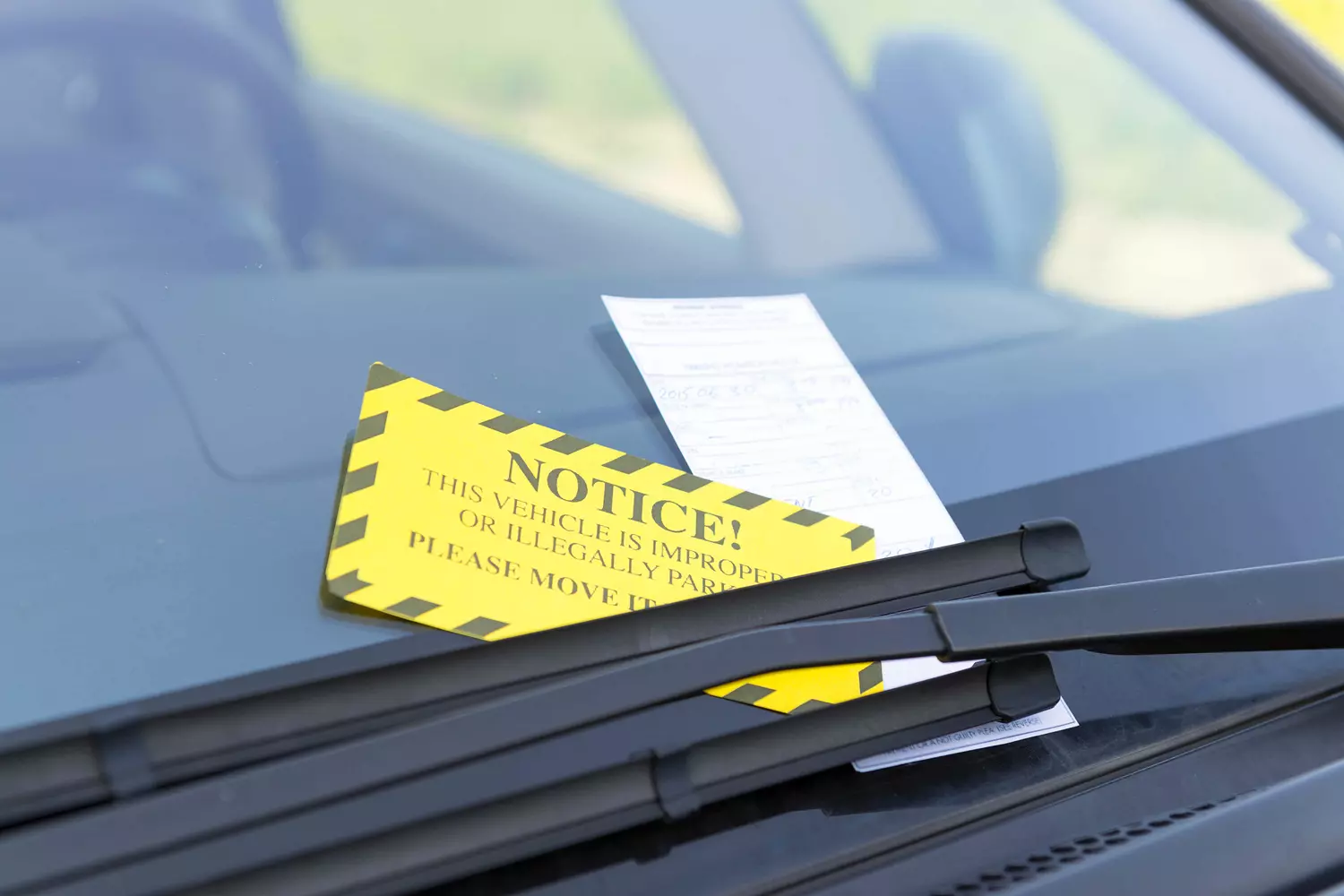
All fines and points become valid only after a court decision if you dispute them.
What to do if stopped
Police officers in the USA don’t stop you just to check documents. If a police officer stops you, it means they have seen a traffic violation.
Note that escaping in a chase won’t work — when a police car exceeds 80 miles per hour, the camera and geolocation automatically activate, making it easy to find you. Physically resisting is also not advisable — the officer will report their location and condition to the dispatcher. Backup will definitely arrive, and you will face more severe consequences.
The police are not interested in issuing fines — it doesn’t affect their career or salary.
How to Act
Besides recording violations, the police officer records the conversation with the driver. Any inappropriate behavior from either side is documented. If you face rudeness, coercion, or insults, you can request this recording in court to either be exonerated or seek compensation. The same applies to the police officer or trooper.
If you know you violated the rules, it’s better to admit it — you’re more likely to receive a warning. Denying a recorded violation makes the officer think you don’t realize your mistake and need to pay the fine. If you genuinely disagree with the accusation and are confident in your case, you can contest the fine.
Contesting a Fine
All procedures for contesting fines are handled in court. Usually, the court date is given right after the violation is recorded if you express your disagreement. The same police officer must prove that the violation occurred using radar readings, police car camera recordings, and the conversation recording with the driver.
If you win the case, your ticket and points are annulled. If you lose, you must pay the fine promptly.
Paying Fines
There will be no problems with this — everything is quick and convenient. All payments for tickets are made through your state’s police department website. If you don’t pay for a long time, the amount with the commission is deducted from your accounts by court order.
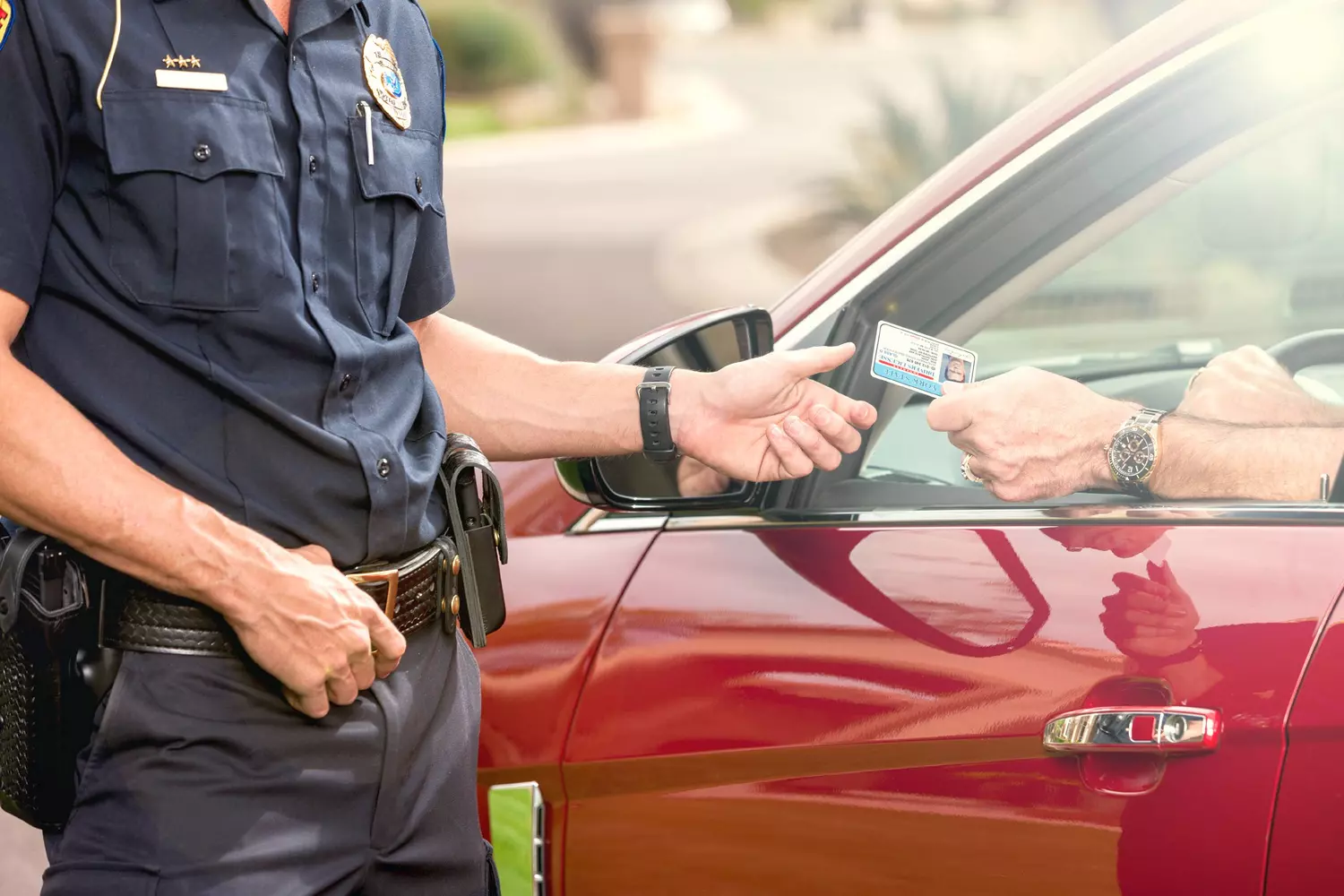
Common types of violations
Speeding
Different tickets might be issued, but points for speeding are regulated. If you exceed the speed limit by:
- 1-10 mph – 3 points;
- 11-20 mph – 4 points;
- 21-30 mph – 6 points;
- 31-40 mph – 8 points;
- More than 40 mph – 11 points.
To make it easier to compare, 1 mile per hour = 1.6 kilometers per hour. Exceeding the speed limit by 64 km/h or more will guarantee your license suspension for at least a year and a half.
Running a Red Light
Depending on the road status, fines range from $150-300 plus 2 or 3 points.
Crossing the Stop Line
Even if the line is in an empty parking lot, you face a $100 fine and 3 points against your driver’s record.
Parking Violations
If you park without displaying a valid parking receipt, you’ll get a ticket for around $30-35. For parking in private spaces, your car might be towed — costing around $200.
Tickets are often issued for parking, even if you paid via an app but didn’t display the receipt — in this case, you can easily contest the fine by presenting your payment information.
Overall, driving in the USA is calm and safe. Maintaining a car here is a necessity, not a luxury. American Butler can assist with car rentals or purchasing a vehicle in the USA.
We know all the nuances of driving rules and culture in America and will help you adapt to new conditions, making driving enjoyable for you!














